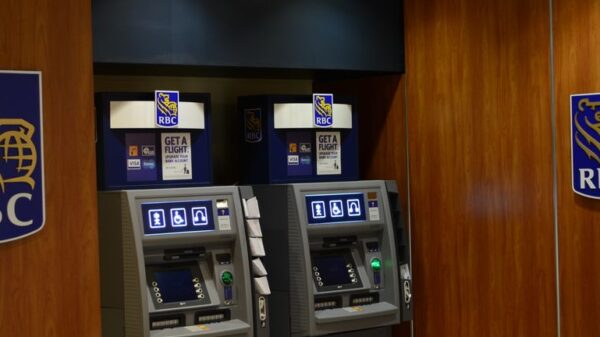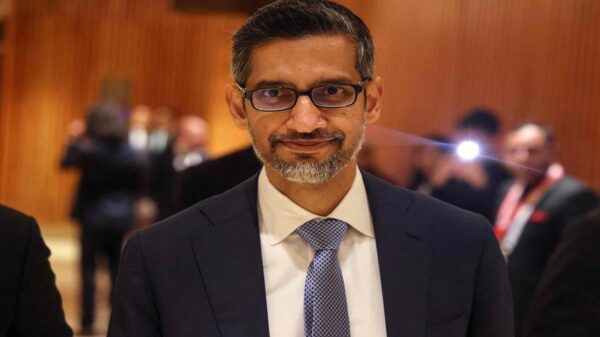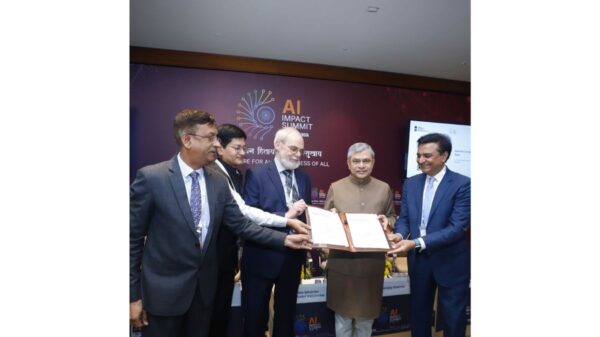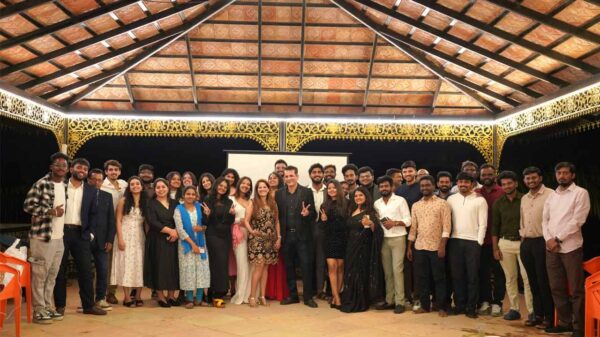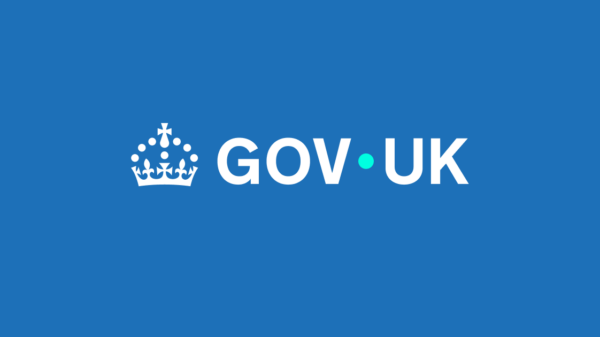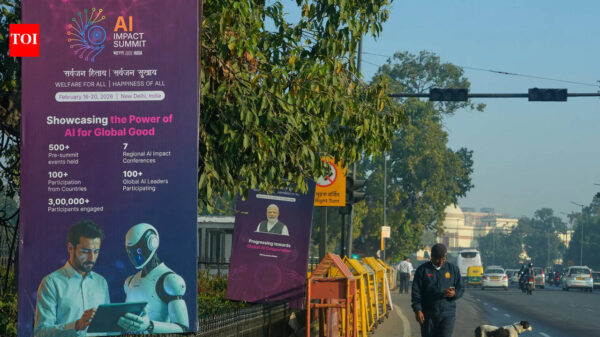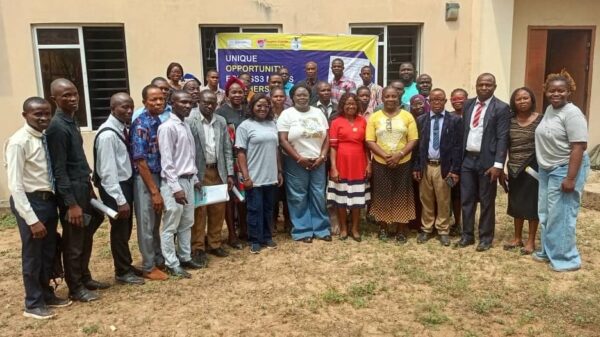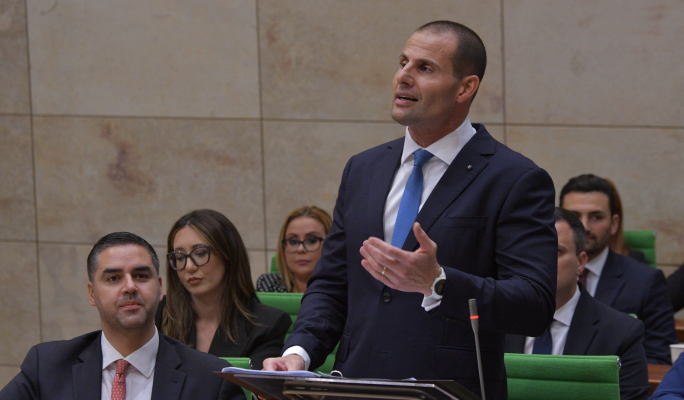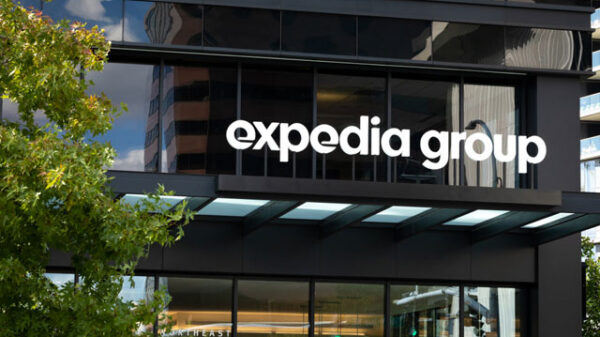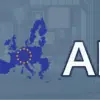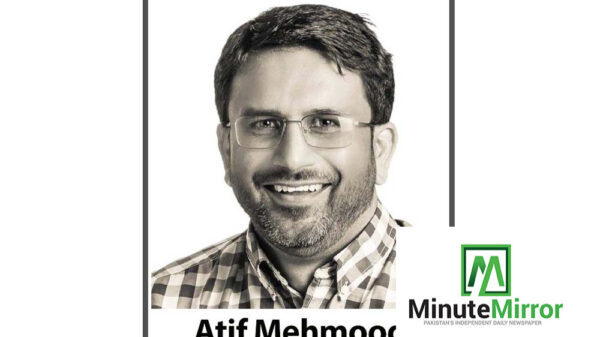Malta is positioning itself to become the most “AI-friendly” country in Europe, as stated by Prime Minister Robert Abela during the recent budget estimates debate in parliament. This initiative is part of a broader strategy aimed at attracting substantial investment in the evolving AI sector.
Abela began by contrasting the current Labour government’s economic strategies with those of previous Nationalist governments. He highlighted a significant increase in budget allocations, noting that the Labour administration’s 2026 Budget is set at €9.3 billion, compared to the €3.1 billion budget of the Nationalist government in 2012.
In his address, the Prime Minister emphasized that Malta’s improved economic conditions now enable the government to selectively choose investments that align with its long-term vision, termed Vision 2050. “Before 2013, we welcomed any investment due to high unemployment levels. Now, we are in a position to set new targets and seek innovative support,” he remarked.
Vision 2050: The Roadmap for Growth
According to Abela, Vision 2050 is built on four key pillars: achieving an annual economic growth rate of 5%, transforming public service, creating a resilient nation with a modern educational framework, and optimizing land and sea resources. He acknowledges the ambitious nature of these goals, particularly in light of the European Union’s average growth rate of around 1%. “This shows how much work and competence will be required,” he added.
Furthermore, he criticized the opposition’s submission related to Vision 2050, pointing out contradictions within the document, which fluctuated between being labeled as too ambitious and not ambitious enough. Notably, he mentioned that the date printed on the document was incorrect, indicating September rather than the actual submission month of November.
On environmental issues, Abela defended his administration’s spending, asserting that the Ministry of Environment has received the largest budget allocation of €275 million among all ministries. He also announced plans to convert areas such as Manoel Island and the White Rocks into a national park.
Opposition’s Critique
Opposition leader Alex Borg responded by accusing the Labour government of misleading citizens regarding hospital concessions. He pointed to three instances of deception, including the deals with Vitals Global Healthcare and the subsequent takeover by Steward Healthcare. Borg questioned the government’s portrayal of a recent International Chamber of Commerce (ICC) ruling as a victory, challenging how the Prime Minister could express satisfaction when the ruling indicated that Maltese and Gozitan citizens were the “biggest losers.”
Borg argued that the Nationalist Party is committed to providing citizens with upgraded healthcare facilities that the original concessionaires failed to deliver. He described Budget 2026 as lacking in addressing major public concerns, despite acknowledging positive measures that could yield short-term benefits. “People are clear in their message – they want a better quality of life,” he concluded, outlining various proposed measures across multiple sectors.
As Malta aims to enhance its standing in the global AI landscape, the dichotomy between ambitious governmental visions and critical opposition feedback will play a significant role in shaping the country’s future trajectory.
See also Google Launches $7.5M AI Skilling Blueprint to Bridge Africa’s Digital Skills Gap
Google Launches $7.5M AI Skilling Blueprint to Bridge Africa’s Digital Skills Gap Trump Considers EO for Federal Control Over AI Regulation, Targets State Laws
Trump Considers EO for Federal Control Over AI Regulation, Targets State Laws Trump’s Executive Order to Block State AI Laws with New Litigation Task Force
Trump’s Executive Order to Block State AI Laws with New Litigation Task Force Google Launches Major AI Engineering Centre in Taiwan, Strengthening Global Tech Ties
Google Launches Major AI Engineering Centre in Taiwan, Strengthening Global Tech Ties Accenture Report: 62% of Government Workers Believe AI Can Reduce Workloads
Accenture Report: 62% of Government Workers Believe AI Can Reduce Workloads








